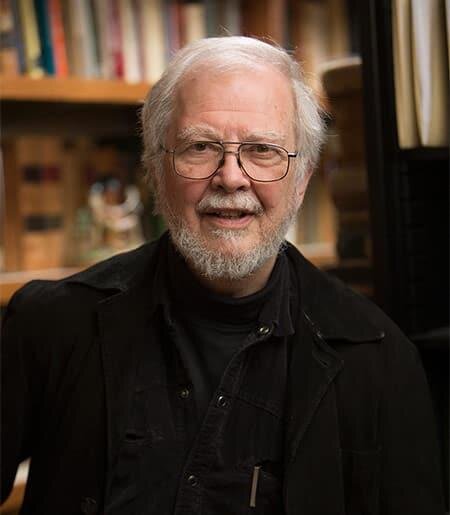Republicans are correct that U.S. is ‘republic’, American professor says

TEHRAN - Richard Bensel, the professor of American politics at Cornell University, confirms a claim by Republicans that America is a republic than a democracy.
“Republicans are correct that the United States is a ‘republic’ because no political institution is fully democratically controlled,” Bensel tells the Tehran Times.
“For example,” Bensel says, “Justices on the Supreme Court are appointed and serve for life.”
In opposition, Democrats make every effort to cast light on democratic aspects of governance in the United States. They blame Republicans for efforts to undermine democracy in the country.
The 2020 election was a turning point in the Republican-Democrat dispute as Trump and his supporters accused Democrats of electoral fraud.
Trump, who failed to win a second term in 2020 election, still claims that the election was rigged.
Some political observers expect Trump run again for president in the 2024 election.
Professor Bensel rejects claims that the 2020 presidential election was rigged, saying, “The 2020 election was not rigged because Trump simply did not receive enough votes to be reelected.”
Following is the text of the interview:
Q: The 2020 elections raised questions about U.S. political system. Trump called it a rigged election. Republicans claim that America is a republic, not a democracy. And there is possibility that Trump would run again for the presidential post in 2024. Please brief us about U.S. political system.
A: Republicans are correct that the United States is a “republic” because no political institution is fully democratically controlled. For example, Justices on the Supreme Court are appointed and serve for life. However, the democratic aspects of all political institutions are determined by elections. For example, the vote of the people determines who serves in the Electoral College and, thus, who is elected to the presidency. The 2020 election was not rigged because Trump simply did not receive enough votes to be reelected.
Q: What is your take on the mechanisms used in the U.S. election. Aren't they old-fashion, especially when it comes to electoral college?
A: I actually support the Electoral College in American politics for two reasons. First, if there were voting fraud in one of the states, it would be limited to the outcome in just that state. If we simply counted votes for the entire nation, voting fraud in one state might have a stronger influence on the outcome. Second, those who serve in the Electoral College might prevent the election of a president who, despite the fact that he had been democratically elected, turned out to be a very bad person after information was revealed following the election. In a sense, the Electoral College is a “fail-safe” mechanism if something goes drastically wrong.
Q: Democrats accuse Republicans of undercutting democracy by curbing people's voting rights. What is your comment?
A: Democrats are certainly correct when they contend that some Republicans would like to discourage some people from voting. And those Republicans are not being entirely honest when they argue that all they are trying to do is prevent voting fraud. However, Democrats are, in my opinion, exaggerating the impact of most Republican-supported restrictions on voting and, in addition, have a rather extreme interpretation of voting rights (e.g. that it should be as easy as possible for people to vote when the most common reason Americans do not vote is that they simply do not care about elections).
Q: Why is the U.S. unable to tackle problems like racism and gun violence (gun bearing law)? Does the problem lie in U.S. democracy or liberalism?
A: The basic problem in these and other similar issues is that there is an irresolvable tension between “freedom” (the right of individuals to say and do what they like) and “justice” (the right of individuals to feel safe and avoid discrimination). The United States will always debate these issues because they do not have an objective answer in a free society.
Q: Trump enjoys a big social base. Does support for Trump mean that a considerable percentage of the people approve of racism?
A: I suspect that most people we would label as “racists” do not actually believe that they are. However, most people who would discriminate against blacks on the basis of race would probably vote for Donald Trump.
On the other side of the spectrum, most people who would discriminate against whites on the basis of race would probably vote for the Democratic Party. One of the difficulties is that most people in both groups would say and believe that they had reasons, other than race, for discriminating against blacks or whites.
Leave a Comment